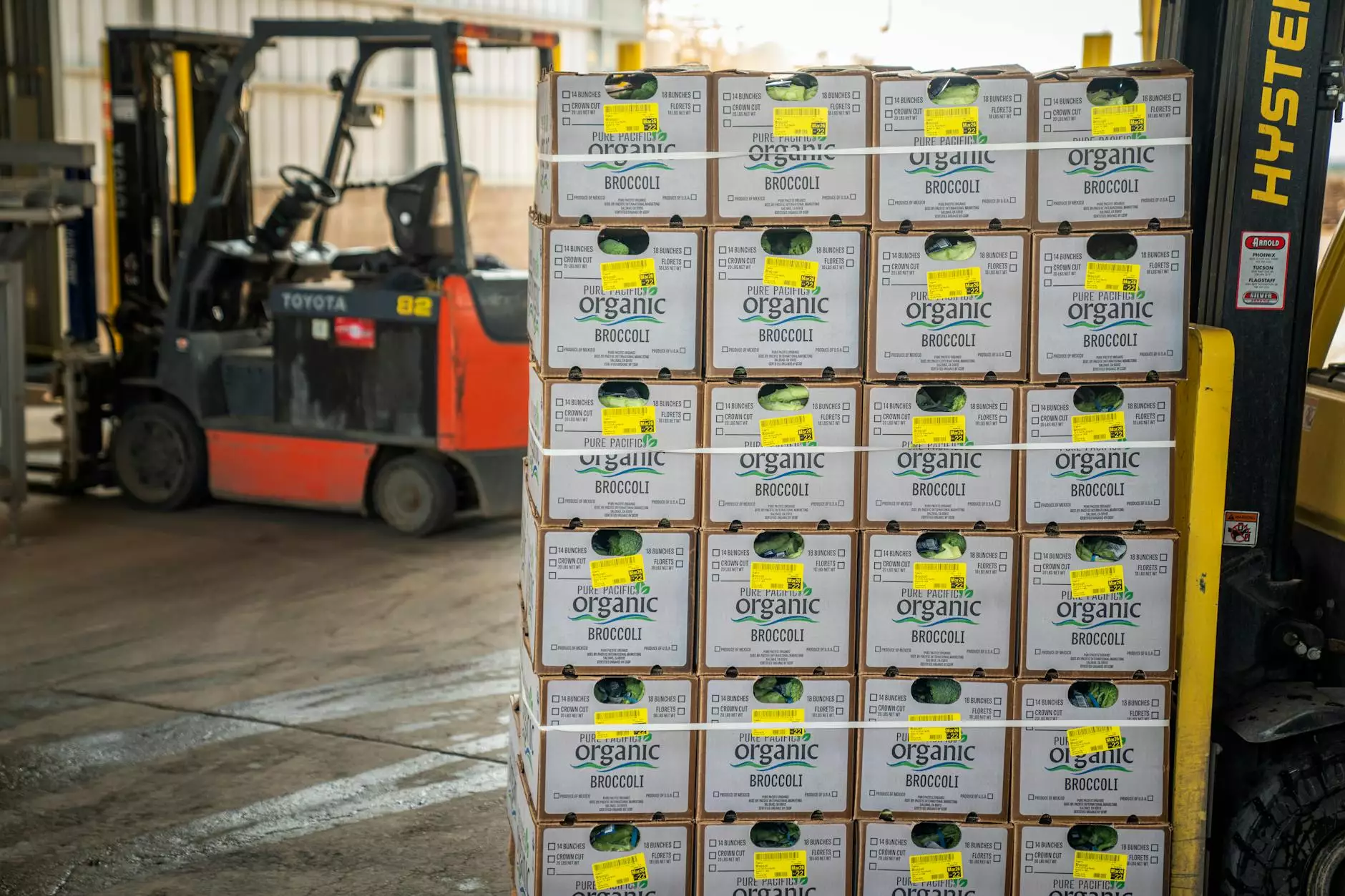The Comprehensive Guide to the Cost for a Dental Crown

A dental crown is a critical component of modern dentistry, providing both functionality and aesthetic appeal. As dental issues arise, many patients find themselves asking, "What is the cost for a dental crown?". This article aims to delve into the intricate details surrounding the cost, offering insights that can empower you to make informed decisions about your dental health.
What is a Dental Crown?
A dental crown is a tooth-shaped cap placed over a damaged tooth, serving to restore its shape, size, strength, and appearance. Crowns are used for various reasons, including:
- Protecting weak teeth from decay.
- Restoring broken or worn teeth.
- Covering discolored or misshaped teeth.
- Supporting dental bridges.
- Completing dental implants.
Understanding the purpose of a dental crown is vital because it lays the foundation for analyzing the cost for a dental crown and its related services.
Factors Influencing the Cost for a Dental Crown
The cost for a dental crown can vary significantly based on multiple factors, each contributing to the final price you’ll pay. Here are the main elements to consider:
1. Material of the Crown
The type of material used to create a crown greatly influences its cost. Common materials include:
- Metal Crowns: These are durable and typically last the longest but can be noticeable. Costs may range from $800 to $2,500.
- Porcelain-Fused-to-Metal Crowns: They provide a blend of strength and aesthetic appeal. Costs generally range from $800 to $3,000.
- Pure Porcelain Crowns: Ideal for front teeth due to their natural appearance, they can cost between $1,000 and $3,500.
- Resin Crowns: These are more affordable, costing between $300 and $1,500, but are less durable than other options.
2. The Complexity of the Procedure
The complexity of the individual's dental condition and the procedure required to place a crown can significantly influence cost. If extensive preparation is necessary or if additional treatments must be completed beforehand (like root canals), the overall expense will increase.
3. Location of the Dental Practice
The geographic area where the dental practice is located can also affect costs. Urban areas typically have higher service fees due to higher overhead costs. In contrast, rural practices may offer more competitive pricing.
4. Experience of the Dentist
Dental professionals with higher qualifications and extensive experience may charge more for their services. However, investing in a skilled dentist often ensures better results and lasting dental health.
5. Insurance Coverage
Many dental insurance policies cover a portion of the cost for a dental crown, depending on whether the crown is considered a restorative procedure. It's crucial to check with your insurance provider to understand your benefits fully, as this can substantially lower your out-of-pocket expenses.
Average Costs of Dental Crowns
While individual circumstances will dictate exact pricing, here is a rough overview of average costs based on material type:
Type of CrownAverage CostMetal Crown$800 - $2,500Porcelain-Fused-to-Metal Crown$800 - $3,000Pure Porcelain Crown$1,000 - $3,500Resin Crown$300 - $1,500Insurance and Payment Options
Understanding your insurance options can dramatically ease the financial burden of receiving a dental crown. Here’s how to navigate the financial aspects:
1. Insurance Coverage
Contact your dental insurance provider to verify:
- What percentage of the crown cost is covered.
- Whether the specific materials are included in the coverage.
- If pre-authorization is required.
2. Payment Plans
Many dental practices offer payment plans to help patients manage costs. These plans can spread the payments over several months, making it accessible for various budgets.
3. Health Savings Accounts (HSAs) and Flexible Spending Accounts (FSAs)
If you have an HSA or FSA, consider using those funds to pay for your dental crown. These accounts allow you to use pre-tax dollars, effectively lowering the overall cost.
Finance Considerations and Options
If your insurance does not cover a significant portion of the cost for a dental crown, explore other funding options:
- Credit Cards: Many practices accept credit cards for payments, but be cautious of interest rates.
- Personal Loans: A personal loan can cover the full amount if necessary, offering manageable monthly payments.
- Dental Financing Programs: Some companies specialize in dental financing, providing tailored loans for dental procedures.
Choosing the Right Dentist for Your Crown
When considering the placement of a dental crown, selecting the right dentist is paramount. Here are some tips to choose a qualified professional:
- Check Qualifications: Verify the dentist's education, certifications, and professional affiliations.
- Read Reviews: Online patient reviews can offer insights into the dentist's practice and patient satisfaction.
- Schedule Consultations: Meeting with the dentist can provide a feel for their approach and comfort level.
- Evaluate Technology: A modern practice with up-to-date technology may offer better diagnostics and treatment options.
Aftercare and Maintenance of Dental Crowns
Once you've invested in a dental crown, proper aftercare is essential for longevity. Here are some tips:
- Maintain Oral Hygiene: Brush and floss daily to prevent decay around the crown.
- Regular Dental Check-ups: Routine visits to your dentist help monitor the health of your crown.
- Avoid Hard Foods: Minimizing hard food through the crowned tooth can prevent unnecessary wear or damage.
Conclusion
Understanding the cost for a dental crown is crucial for making informed decisions about your dental health. With a comprehensive grasp of the materials, procedures, and potential insurance coverage, you can navigate your options more effectively. Investing in a quality dental crown not only preserves your smile but also your overall oral health. If you’re ready to proceed, consult with a trusted dental professional to explore your options and embark on your journey towards a healthier, more radiant smile.
For more detailed information and to find dental services near you, visit wupdoc.com.









